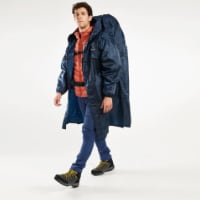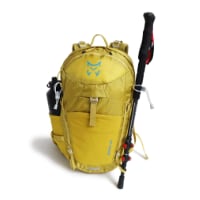Sfroud
New Member
- Time of past OR future Camino
- I have not done the journey yet but intend to do so in 2020.
Hello Everyone!!
My name is Sam, I'm a student writing a paper on tourist motivations in attending different types of pilgrimage.
I have created a short closed questionnaire that doesn't need any personal details. After completion you will not be contacted in any way.
Your participation in this survey will be of great value to research into the nature of pilgrimage in today's modern world.
Here is the link below.

 docs.google.com
docs.google.com
Thank you very much Merry Christmas!!!
Merry Christmas!!!
My name is Sam, I'm a student writing a paper on tourist motivations in attending different types of pilgrimage.
I have created a short closed questionnaire that doesn't need any personal details. After completion you will not be contacted in any way.
Your participation in this survey will be of great value to research into the nature of pilgrimage in today's modern world.
Here is the link below.
Tourists Motivations in Attending Traditional & Contemporary Pilgrimage
This is an exploratory study into tourist motivations and their relationship to attending traditional or contemporary forms of pilgrimage. The information provided in this questionnaire is in accordance with the Data Protection Act 1998- part II and its exclusive use for the purpose of an...
 docs.google.com
docs.google.com
Thank you very much
Last edited:
















